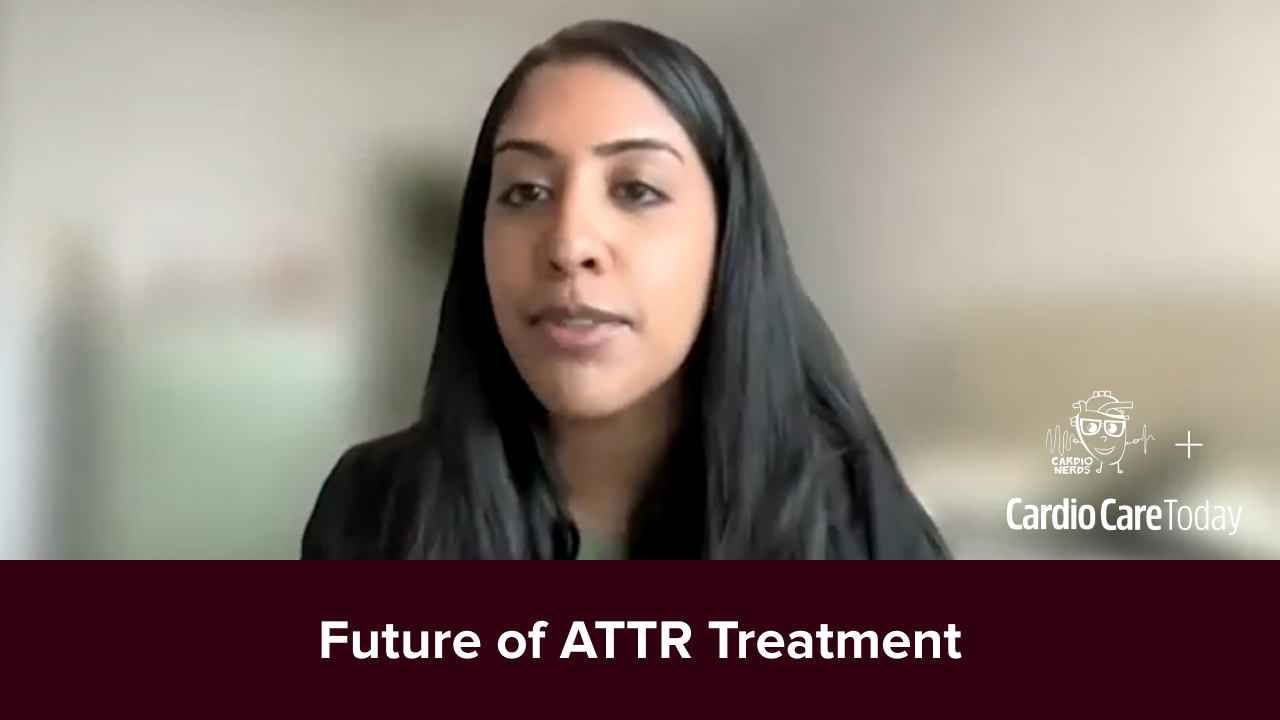Pulmonary vein isolation (PVI) via cryoballoon ablation (CBA) or radiofrequency ablation (RFA) is the standard treatment for persistent atrial fibrillation (AF). Researchers led by Li-Bin Shi conducted a study to compare the effectiveness of CBA and RFA and concluded that “compared with RFA, PVI performed by CBA led to shorter procedure and ablation duration, with less atrial flutter recurrence and similar freedom from atrial tachyarrhythmia (ATA) at 12-month follow-up.”
In the trial, which was published in EP Europace, 101 patients with symptomatic persistent AF to receive either CBA or RFA for PVI. The primary endpoint was the incidence of recurrent ATA lasting longer than 30 seconds after a three-month blanking period. Additional endpoints included procedure-related complications, procedure duration, and fluoroscopy time. The authors used Kaplan-Meier and log-rank methods to assess survival.
Over a 12-month follow-up, the authors reported that 36 out of 52 patients (69.2%) in the CBA group and 30 out of 49 patients (61.2%) in the RFA group were free from ATA (p = 0.393). Notably, while no difference in AF recurrence was observed between the two groups (p = 0.259), the CBA group experienced less atrial flutter recurrence compared to the RFA group (3.9% vs. 18.0%; p = 0.020). Additionally, procedure time (160 ± 31 vs. 197 ± 38 min; p <0.0001) and ablation duration (36.7 ± 9.5 vs. 55.3 ± 16.7 min; p <0.0001) were significantly shorter with CBA than RFA, respectively. Finally, there was no difference in fluoroscopy time between the groups (21.5 ± 7.8 vs. 23.4 ± 11.2 min; p >0.05).
To the authors’ knowledge, this is the first randomized study directly comparing the two methods of ablation for PVI in treatment of persistent AF. Based on their data, they suggested that CBA is advantaged versus RFA via less atrial flutter recurrence and faster procedure completion.







 © 2025 Mashup Media, LLC, a Formedics Property. All Rights Reserved.
© 2025 Mashup Media, LLC, a Formedics Property. All Rights Reserved.